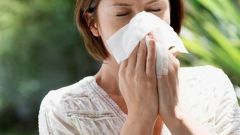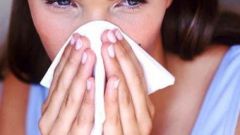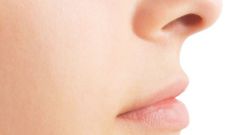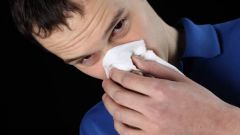The most common cause of dryness in the nose – side effects of medicines. Moreover, it is not necessary that the cause be the drugs administered to the nasal cavity – the different washing prescribed for vasomotor rhinitis, is rhinitis. Drying effect on mucous membranes have the same bronchodilator agent, and also contains atropine drugs. Therefore, even such a harmless drug as eye drops or medication to relieve heart attacks, can also cause dry nasal passages. Not less often, dryness occurs due to the excessively dried air in the room in which a person is forced to stay there for a long time. Most often such cases occur in large offices, where the result of the work of systems of ventilation and air conditioning is dehumidification. In the summer, similar phenomena are observed seldom, but in winter the occurrence of dryness in the nose are becoming more frequent, as even a slight rise in temperature and simultaneous decrease of humidity leads to drying of the mucous membrane. Approximately the same effect may occur if a person has a long time to breathe dusty air, not uncommon in various manufacturing plants – cement, wood and many others. Finally, the condition of dryness in the nose can be caused by the influence on the human body such unusual, rare disease, dry keratoconjunctivitis syndrome or Segrena. When dry keratoconjunctivitis dryness is observed not only in the nosebut in the mouth and even the eyes lack moisture. Segrena syndrome is a disease groups rheumatoid arthritis and usually affects the mucous membranes and salivary glands.As can be seen, accurately determine the causes of dryness in the nose without medical tests and appropriate examination is almost impossible. Therefore, if you suffer from this syndrome, you must consult a doctor and be diagnosed.
Why dry nose
Everyone knows what a cold, because at least once experienced this feeling of "downtrodden nose", full of nasty stuff. While few know what occurs the opposite condition – dryness of the nose, which seriously hampers the process of breathing and disturbs sleep. All this is accompanied by itching and burning in the nose, and often leads to opening of nasal bleeding. Characteristically, the causes of these symptoms can be quite different.
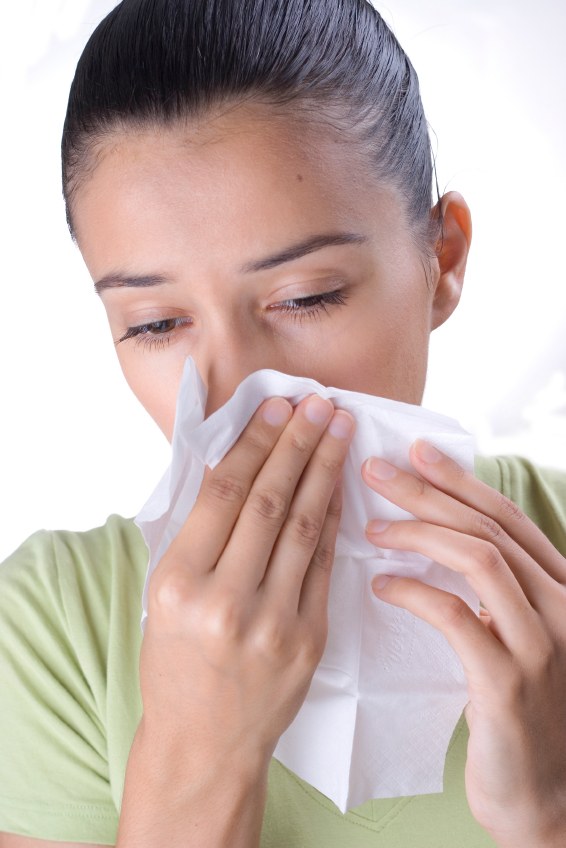
Is the advice useful?

